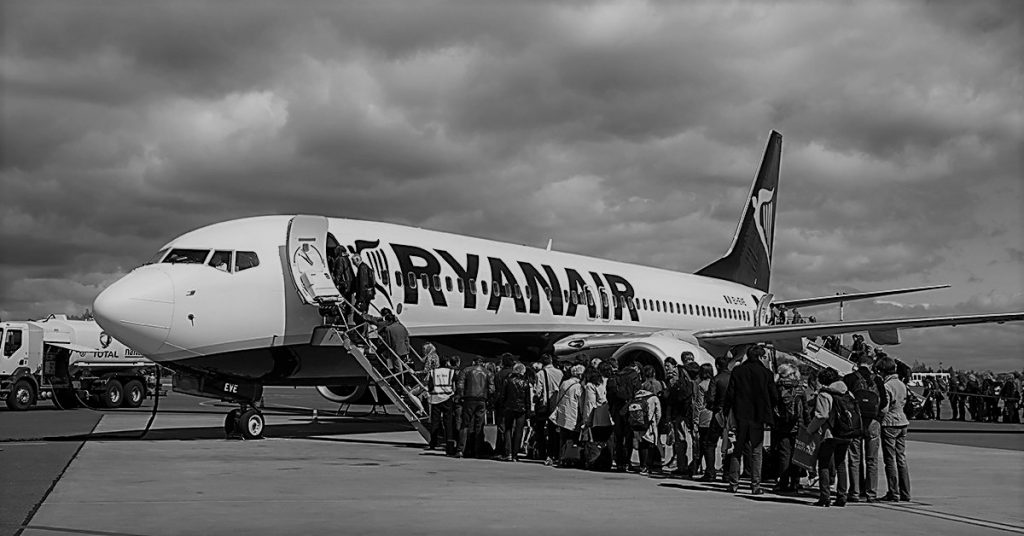Ryanair has seen over a billion euros knocked off its share price since it announced a first wave of cancellations on Sept. 15, an emergency measure to free up standby pilots to ensure the smooth operation of its fleet of 400 planes.
The cancellations sparked a wave of bad publicity and forced Ryanair to cut its annual growth plans for the first time in years to 129 million passengers from 131 million.
But management said it expected the cuts would lift average ticket prices above previous expectations and said the reduction will give it the opportunity to improve its operations.
“The failure has clearly shown that we have weaknesses within operations and we need to address those in the coming months,” Chief Executive Michael O‘Leary said in a video presentation. “We don’t believe there is any risk for the summer 2018 schedule.”
Ryanair shares opened up 5 percent at 16.49 euros (14.53 pounds), still leaving it 8.5 percent below its value before it announced the first wave of flight cancellations last month.
In the wake of the cancellations, Ryanair has replaced its rostering team and hired back its former director of flight operations from Malaysia Airlines, Peter Bellew, as chief operations officer to spearhead an effort to better retain and attract pilots.
O‘Leary said the airline was hiring around 40-50 pilots per week and said it was seeing a “flood of applications” from pilots in the wake of the bankruptcy of Britain’s Monarch Airlines and Air Berlin.
He said Ryanair was beginning to see a reversal of outflow of pilots to Norwegian Air Shuttle.
Pay increases will cost the airline around 100 million euros per year if accepted by pilots in all of the company’s bases, but this would not threaten the company’s cost advantage over rivals, O‘Leary said.
He admitted, however, that just over 10 of the company’s 87 bases had approved a new pay deal. Pilots say a majority of the bases have rejected the deal, but Ryanair said only two bases – Madrid and London Stansted – had so far rejected it.
“We are engaged to see what their concerns are and the door remains open,” Chief Financial Officer Neil Sorahan said.
But he warned the pilots may end up on lower pay rates than colleagues if they do not sign up. “We … have 30 new recruits who have benefited from increased pay,” at Stansted, he said.
Ryanair said it had cut fares by 5 percent in the six months to months to Sept. 30, the first half of its financial year, in line with its guidance six months ago due to growth in capacity in Europe’s short-haul market.
But it said fares for the six months to March 31 would fall less than earlier forecast – by between 4 and 6 percent rather than the 5 to 7 percent guided in July.
This is in part due to the lower number of Ryanair tickets for sale and tightened capacity in the sector after Air Berlin and Monarch collapsed and Alitalia went into administration.
Ryanair said it was seeing opportunities to expand at provincial British airports and was in talks with a number of German airports following the collapse of the two airlines.
Ryanair said its profit after tax was 1.293 billion euros in the six months to Sept. 30, in line with an average forecast of 1.298 billion euros in a company-provided poll of analysts.
Ryanair reiterated its forecast that it would make a profit after tax of between 1.4 billion and 1.45 billion euros in its financial year, which ends on March 31, 2018.
The average forecast of more than 10 analysts polled by Ryanair ahead of the release was for a profit of 1.433 billion euros, down from a forecast of 1.488 billion in a poll three months ago.
“Ryanair’s attractive long-term fundamentals, underpinned by its low cost base, remain intact,” Liberum analyst Gerald Khoo said in a note.







